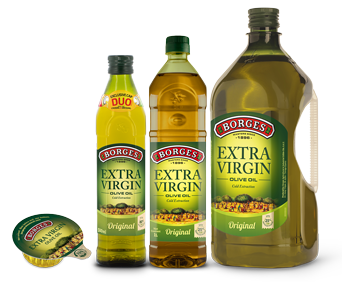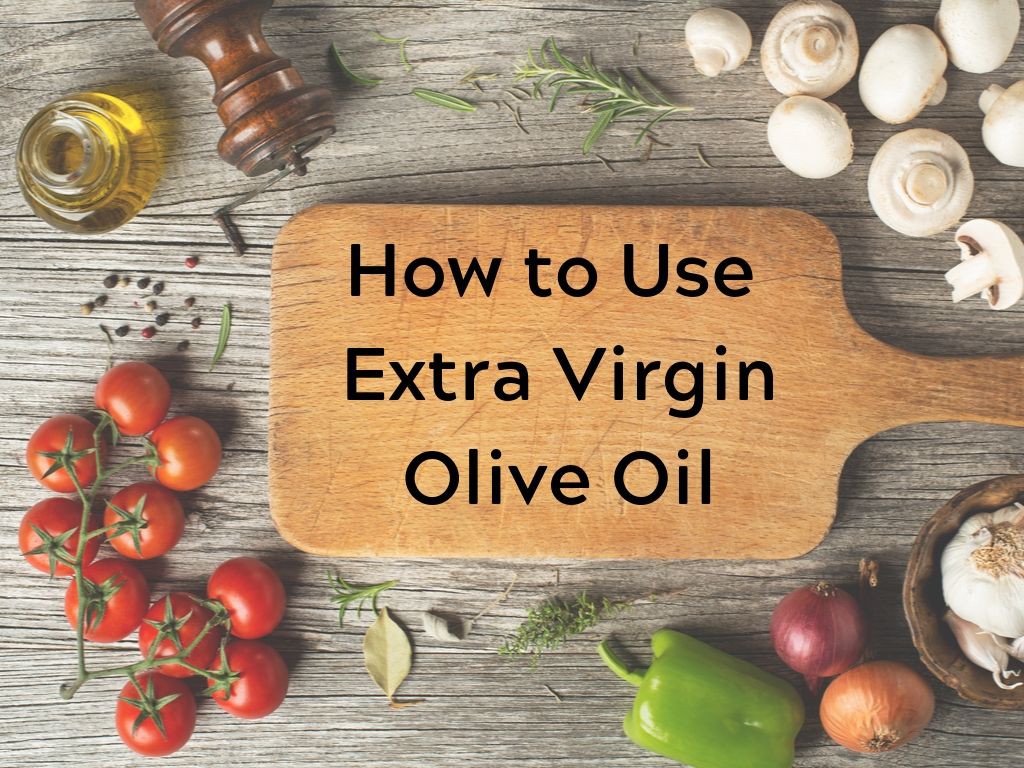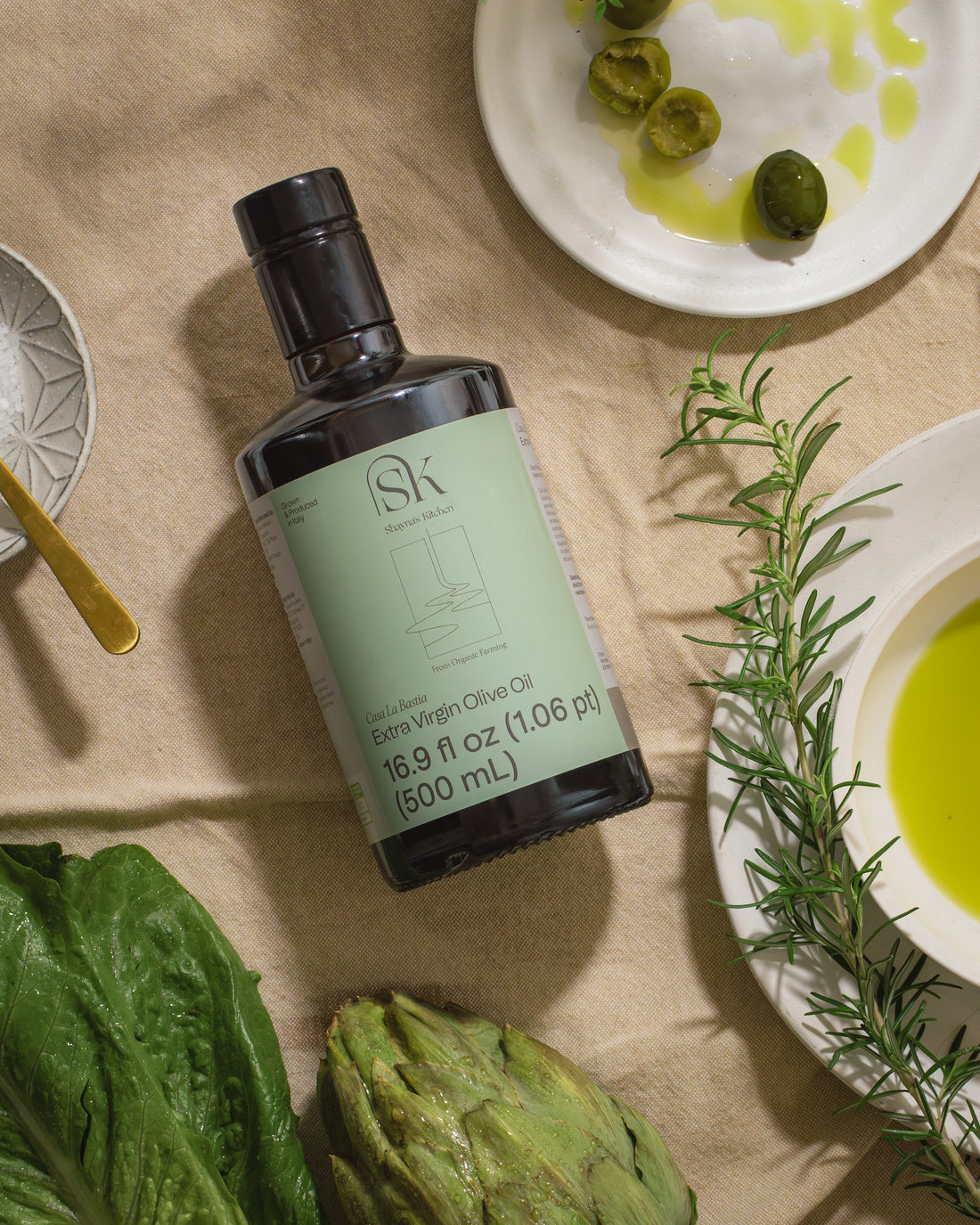Surprising Extra Virgin Olive Oil Benefits You Need to Know
Surprising Extra Virgin Olive Oil Benefits You Need to Know
Blog Article
Checking Out the Various Kinds Of Olive Oil and Their Uses, Including Bonus Virgin Olive Oil
The exploration of olive oil incorporates a diverse range of kinds, each offering distinct flavors and culinary applications. Extra virgin olive oil, renowned for its premium quality and wellness benefits, serves as a staple in many kitchen areas, yet it is just one aspect of this multifaceted component.
What Is Olive Oil?
Obtained from the fruit of the olive tree, olive oil is a staple in Mediterranean cuisine and a crucial component in numerous cooking applications. This versatile oil is generated by pressing whole olives, resulting in a liquid that differs in flavor, color, and aroma depending upon the sort of olives utilized, the region of growing, and the extraction procedure. Olive oil is mainly made up of monounsaturated fats, specifically oleic acid, which is understood for its potential wellness advantages, including anti-inflammatory residential properties and cardio support.
In enhancement to its cooking usages, olive oil has a long background of application in standard medication and skin care, owing to its rich antioxidant web content (extra virgin olive oil benefits). The oil is often made use of in dressings, marinates, and for cooking approaches such as sautéing and roasting. Its distinct flavor profile can improve the preference of numerous recipes, making it a crucial component for both home cooks and professional chefs
Moreover, olive oil is celebrated for its role in the Mediterranean diet regimen, which is linked with countless health benefits. As awareness of these benefits grows, olive oil remains to gain popularity worldwide as a fundamental component of a healthy way of life.
Types of Olive Oil
Understanding the numerous kinds of olive oil is crucial for both culinary fanatics and health-conscious customers. Olive oil is identified mainly based upon its extraction method and high quality, which dramatically impacts its taste, wellness, and aroma benefits.

Light olive oil, despite its name, refers to a lighter taste and not lower calories. It is excellent for those seeking a more refined preference in dressings and marinades. Furthermore, there are flavored olive oils instilled with herbs, seasonings, or citrus, which can enhance dishes without the demand for additional spices.
Each kind of olive oil serves details culinary objectives, and comprehending these differences permits customers to make enlightened selections that line up with their cooking styles and health goals.
Extra Virgin Olive Oil
Additional virgin olive oil (EVOO) is widely considered as the finest quality olive oil available, well known for its abundant flavor and many health benefits. To be identified as added virgin, the oil needs to be created from fresh olives making use of mechanical processes, without making use of solvents or excessive warm. This precise method protects the oil's all-natural flavors, anti-oxidants, and healthy and balanced fats, leading to an item with a reduced acidity level of less than 0.8%.
EVOO is abundant in monounsaturated fats, especially oleic acid, which is connected to lowered swelling and boosted heart health and wellness. It also has polyphenols, powerful anti-oxidants that might offer safety effects versus persistent conditions. The taste account of EVOO can differ dramatically depending on the olive range and area of production, ranging from fruity and grassy to durable and sharp.

Culinary Use Olive Oil

In food preparation, olive oil can be used for sautéing, toasting, and barbecuing, supplying a healthier alternative to butter or various other fats. Its high smoke our website factor makes it ideal for various cooking techniques, while its antioxidants add to a heart-healthy diet regimen. Showering olive oil over finished recipes, such as pasta, fish, or smoked vegetables, can boost flavors and add a touch of style.
Moreover, olive oil plays a considerable role in baking, where it can change typical fats in dishes for bread and pastries, passing on moisture and a subtle preference. It additionally works as a base for instilled oils, allowing chefs to explore tastes such as garlic, natural herbs, or chili, further expanding its culinary potential. In general, olive oil's adaptability makes it indispensable in both home and expert kitchens.
Choosing Quality Olive Oil
When selecting quality olive oil, it's important to think about a number of vital variables that affect the item's flavor, health and wellness, and aroma advantages. Decide for extra virgin olive oil (EVOO), which is acquired from the first cool pressing of olives and consists of the greatest levels of anti-oxidants and beneficial substances. Try to find oils that are licensed by recognized companies, as this frequently makes sure adherence to stringent high quality requirements.
The packaging likewise plays a significant role in maintaining the oil's honesty. Choose oils kept in dark glass containers or tins to protect against light deterioration. Take note of the harvest day; fresher oils supply premium taste and dietary value, so choose products that are within 18 months of their harvest.
Be aware of the preference; an excellent high quality olive oil need to have an equilibrium of fruity, bitter, and sharp notes, indicating its splendor and intricacy. By assessing these aspects, you can ensure you are choosing the ideal olive oil for your cooking needs.
Final Thought
In summary, the expedition of various kinds of olive oil exposes distinct qualities and applications, with added this content virgin olive oil standing for the peak of quality because of its reduced acidity and high antioxidant content. Its convenience in cooking usages boosts flavors in dressings, sauces, and showers. Recognizing the different ranges of olive oil permits for educated selections in food preparation methods, promoting much healthier methods while enriching the overall gastronomic experience. Quality choice continues to be critical for optimal benefits.
Acquired from the fruit of the olive tree, olive oil is a staple in Mediterranean food and a key ingredient in various culinary applications.The most common types of olive oil include refined olive oil, pure olive oil, and light olive oil.Extra virgin olive oil (EVOO) is commonly concerned as the greatest quality olive oil readily available, popular for its rich flavor and various health benefits. Decide for extra virgin olive oil (EVOO), which is derived from the very first cold pushing of olives and consists of the greatest levels of anti-oxidants and valuable substances.In recap, the exploration of various kinds of olive oil exposes distinctive characteristics and applications, with extra virgin olive oil standing for the pinnacle of top quality due to its reduced acidity and high antioxidant material.
Report this page